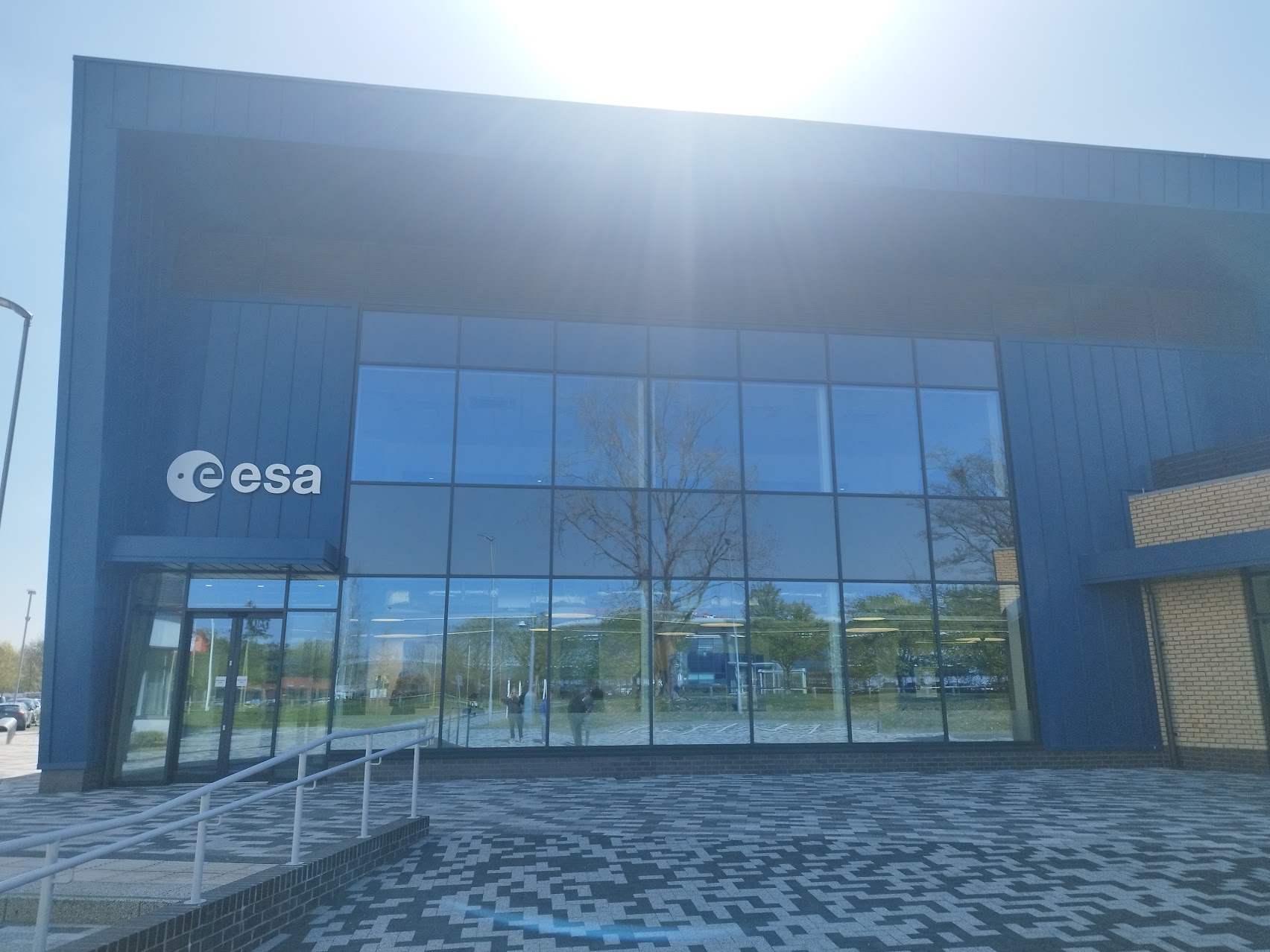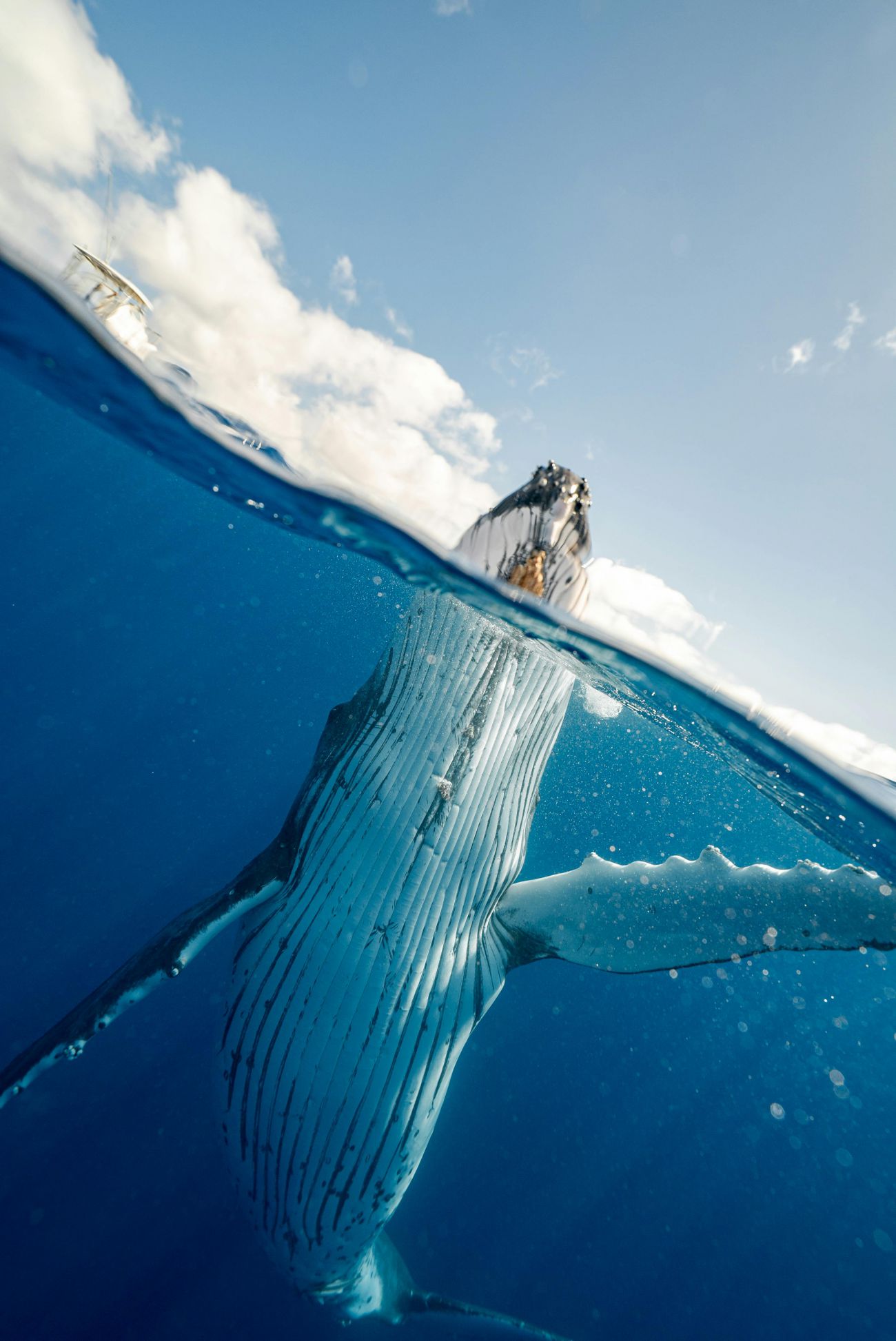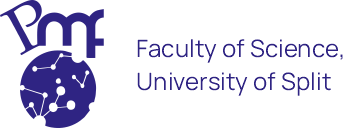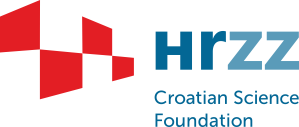TIME Kick off meeting at ESA
Tipping points and abrupt changes In the Marine Ecosystem (TIME) is a new project of the European Space Agency (ESA) led by our project team member Shubha Sathyendranath. Robert Brewin and Žarko Kovač are also involved with the project.
The Kick off meeting of TIME was held at ESA’s European Centre for Space Applications and Telecommunications (ECSAT), located at Harwell Science and Innovation Campus in the UK. The TIME project is a part of ESA projects related to tipping points in the climate system. More on such project can be found here.
TIME will combine satellite-based indicators with in situ measurements and ecological models to better understand the resilience of marine systems. Central to the effort is the Ocean Colour Climate Change Initiative (OC-CCI) time series, which will serve as a primary satellite data source. Additional data from other ESA projects and independent sources will also be used to deepen the analysis. The team plans to refine methods for monitoring ecological stability and detecting signs of abrupt change, focusing on interactions within marine ecosystems and their response to external pressures like climate change. While threats to ocean health are well known, TIME seeks to address critical gaps in how satellite data is used to monitor long-term trends and system vulnerabilities.

During the Kick off meeting the PHOTOCLIM principal investigator Žarko Kovač gave a presentation titled Noise and primary production: Preliminary results and ideas. The talk centered on the application of the ideas such as fragility and antifragility in marine ecosystem research. Some of the concepts and mathematical models frequently used in economics may have a potential application in the research of marine ecosystem responses to stochatisc forcing.





